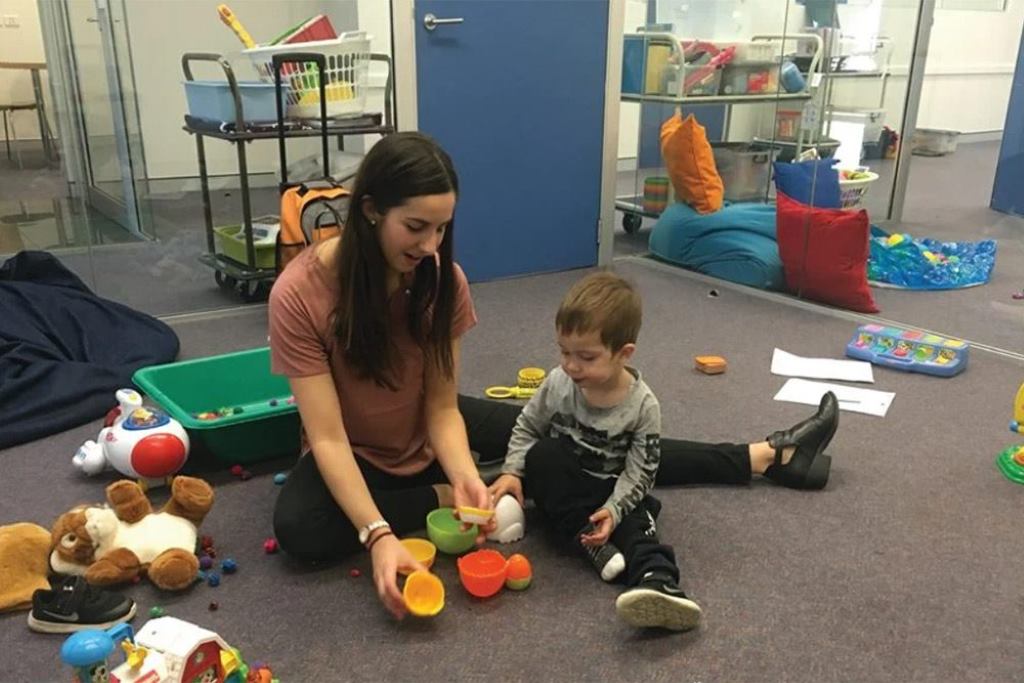In the evolving field of mental health research, there is a strong focus on finding innovative treatment approaches for Obsessive Compulsive Disorder (OCD).
In recent years, numerous clinical trials have been conducted to redefine and improve the treatment options for individuals struggling with OCD.
This article explores the progress made in these trials, shedding light on medications, groundbreaking psychotherapeutic methods, and their transformative combinations.
By delving into these advancements, we aim to inform and provide hope to those seeking breakthroughs in OCD research.
Revolutionary Medications Shaping OCD Treatment
One significant area of progress in OCD trials revolves around the development of medications that target specific neural pathways involved in the disorder.
While selective serotonin reuptake inhibitors (SSRIs) have traditionally been the go-to pharmacological intervention for OCD, recent trials have investigated medications with mechanisms of action.
This brings optimism to individuals who haven’t responded adequately to existing treatments. Visit this website to learn more about OCD clinical trials and how participants receive specialized care under close medical supervision, contributing to a deeper understanding of OCD.
1. Modulating Glutamate
Cutting-edge research has focused on understanding how a neurotransmitter plays a role in the causes of OCD.
Clinical studies exploring the effects of modulators like N-acetylcysteine (NAC) and ketamine have displayed results in reducing symptoms associated with obsessive-compulsive disorder (OCD).
NAC, which acts as an antioxidant, has shown potential for modifying levels and subsequently improving the severity of symptoms.
Similarly, ketamine, traditionally used as an anesthetic, has demonstrated antidepressant effects. Is currently being investigated for its impact on OCD symptoms.
2. Focusing on the Opioid System
Recent trials have ventured into researching medications that target the system, an area that has received attention in OCD studies. Initial findings suggest that medications affecting the system may have a regulating effect on OCD symptoms.
This exploration of an avenue signifies a shift in our understanding of the neurobiology behind OCD and offers glimpses into potential alternative treatment approaches.

Innovative Psychotherapeutic Approaches
In addition to interventions, modern clinical trials for OCD are increasingly emphasizing psychotherapeutic approaches.
These therapeutic methods not only provide alternatives for individuals who may be resistant to medication but also contribute to a comprehensive understanding of the various dimensions of OCD and its treatment.
1. Reality Exposure Therapy (VRET)
Virtual reality (VR) has extended beyond gaming and entertainment to become a tool in mental health treatment. In the realm of Obsessive Disorder (OCD), virtual reality exposure therapy (VRET) has emerged as a groundbreaking method.
Clinical trials incorporating VRET expose individuals to scenarios that trigger their fears, allowing them to confront and manage these fears in a controlled environment.
Initial findings indicate that VRET could be an immersive way to help individuals overcome their fears and reduce compulsive behaviors.
2. Mindfulness-Based Interventions
Mindfulness-based interventions, mindfulness-based cognitive therapy (MBCT), and mindfulness-based stress reduction (MBSR) have gained recognition in recent OCD clinical trials.
These approaches emphasize the development of judgmental awareness towards one’s thoughts and emotions.
Research suggests that integrating mindfulness into treatment plans can enhance an individual’s ability to manage thoughts and decrease the severity of OCD symptoms. This represents a shift in approaches going beyond cognitive behavioral strategies.

Combining Forces: The Synergy of Medication and Psychotherapy
While both innovative medications and novel psychotherapeutic approaches show promise, recent OCD clinical trials have shown potential for a collaboration between the two.
By combining treatments with psychotherapy interventions, therapists aim to leverage the strengths of each approach, offering a personalized and targeted treatment strategy.
1. Strategies for Enhancing Treatment
Augmentation strategies involve combining medications with agents to improve treatment outcomes.
For example, combining an SSRI with a medication that targets the modulator or the opioid system has shown promise in increasing response rates for individuals with treatment OCD.
These augmentation approaches offer a nuanced approach to managing medications.
2. Comprehensive Treatment Approaches
Comprehensive treatment approaches integrate pharmacotherapy and psychotherapy in a manner. By considering medication and psychotherapy as entities, these approaches recognize their interdependence.
This collaboration allows for an understanding of an individual’s presentation of OCD, tailoring the treatment plan to address both the neurobiological and psychological aspects of the disorder.

Providing Hope to Individuals
The recent advancements made in trials for OCD offer more than scientific progress; they provide hope for individuals grappling with the challenges posed by this disabling disorder.
The wide range of treatment options, including medications and psychotherapeutic approaches, ensures that individuals have access to various choices, thereby increasing the chances of finding a treatment that suits their specific needs.
As these breakthroughs continue to shape the field of OCD treatment, it remains crucial to share this information with those who are seeking answers and reassurance.
The future of treating obsessive disorder (OCD) not only focuses on effectiveness but also on tailoring interventions to each individual, considering the diverse nature of the disorder.
Conclusion
We are witnessing an unfolding future in OCD treatment characterized by advancements and innovations derived from clinical trials.
New medications that target glutamate and the opioid system, along with cutting-edge approaches such as Virtual reality exposure therapy and mindfulness-based interventions, are reshaping how we approach OCD treatment.
Recognizing the interplay between psychological factors in OCD, the collaboration between medications and psychotherapy represents a sophisticated approach.
As we embrace these progressions, it is crucial to acknowledge that the future of OCD treatment is ever-evolving and dynamic and holds promise for a journey for those affected by this challenging condition.




